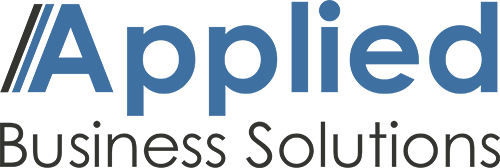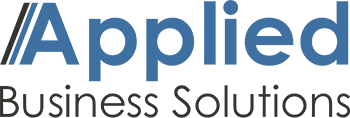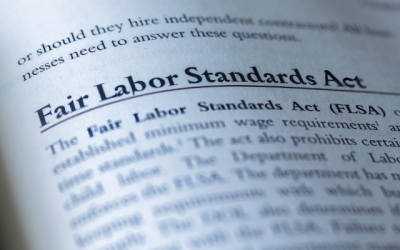Every company recruits new hires and experiences losses as employees leave. Many small to midsized companies have stagnant onboarding processes that fail to address changes in their business culture, the growth of social media or the increasing number of millennial workforce. Fewer still have a formalized offboarding process and this can cause significant problems later.
This lack of structure for these activities place businesses at risk of violating various federal and state regulations, facing legal liabilities and data loss, and damaging future recruitment efforts. With costs averaging $4,129 per hire, it makes financial sense to develop an engaging onboarding process that addresses the needs and expectations of millennials and manages the offboarding process to assure a complete and positive experience.
Onboarding Today’s Generation
Growing up in the age of the internet and social media, millennials are truly different than the generations that have come before them. Your onboarding process must be adjusted to truly engage this employee group and address issues unique to them, such as the appropriate use of social media. An effective onboarding process focused on millennials should:
1. Have an Automated Component. Millennials are more comfortable with technology than paper so utilizing an automated system makes them feel at home in the workplace. It is also a great data collection tool and information delivery system. It assures that the employee’s personal demographic information has been captured and that federal, state, and local tax filing forms have been completed. The automated system should also review key sections of the company handbook including paid leave rules, anti-harassment and discrimination policies, and social media protocols. This system legally protects the company because it documents that the employee received the company handbook and reviewed critical sections.
2. Highlight Advancements. Millennials want a clear path from where they are to their next promotion. When onboarding, discuss specific growth opportunities and include when and how feedback will be provided. Offering mentoring relationships, continuing education opportunities and other career support tools during onboarding will increase their long-term loyalty to the company.
3. Review Social Media Protocols. As a generation, millennials use various social media channels to share their lives and air their grievances, but they must understand that most information about your company and their employment is not sharable in this manner. While they reviewed the social media protocols in the handbook it is wise to reinforce them in a face-to-face meeting. Confidential data, the privacy rights of other employees and business relationships are protected and they are barred from discussing them on personal social media accounts. Consequences for violating these policies and/or damaging the company’s public image must be clearly communicated and include legal remedies when appropriate.
Offboarding Today’s Generation
Offboarding is an undervalued process within a company but it is integral to the positive completion of an employment relationship. This is especially true of millennials who are more likely to switch jobs every 2 to 5 years and could return as a valued member of your team if you manage the process correctly. Offboarding is also important from a legal perspective and to support future hires.
Millennial offboarding activities should include:
✔ Protect Company Data. One of the most overlooked but critical functions of the offboarding process is the collection of login information from departing employees and the deletion of those logins from relevant systems. A survey by Intermedia found that 89% of survey respondents retained access to Salesforce, PayPal, email, SharePoint or other sensitive corporate apps after they left their job and over half employees were not asked for their cloud logins upon departure. This missing piece of the offboarding process endangers a company’s financial data and sensitive information and may place them at legal risk if customer information remains accessible to former employees.
✔ Social Media Protocol Review. Offboarding is a good time to remind employees, especially millennials, that their departure does not end their obligations not to post information they gathered during their employment on their personal social media accounts. Further, explain that the company will defend its reputation if problems arise. The level of emphasis that should be placed on this conversation depends on the departure relationship. If the person is leaving on good terms with the company, this should be given a light touch, but if the person is leaving because they are unhappy or asked to leave then it needs to be strongly emphasized.
✔ A Positive Closure Experience. One significant goal is to make the offboarding process as upbeat as possible to encourage the departing employee to share positive feedback about the company with others. Most companies use employment sites such as Glassdoor in their recruiting process and the better the company reviews on this site the higher quality of applicants you receive. Keeping this in mind during offboarding is a must.
Effective onboarding and offboarding of employees is always challenging but in the age of social media, this process takes on new complexities. An automated system can help provide the structure, information delivery and legal protections you need during these activities. Applied Business Solutions has the resources you need to best manage the processes, including human resource experts and automated systems. Contact us to learn how we can help you with these critical components of talent management.






